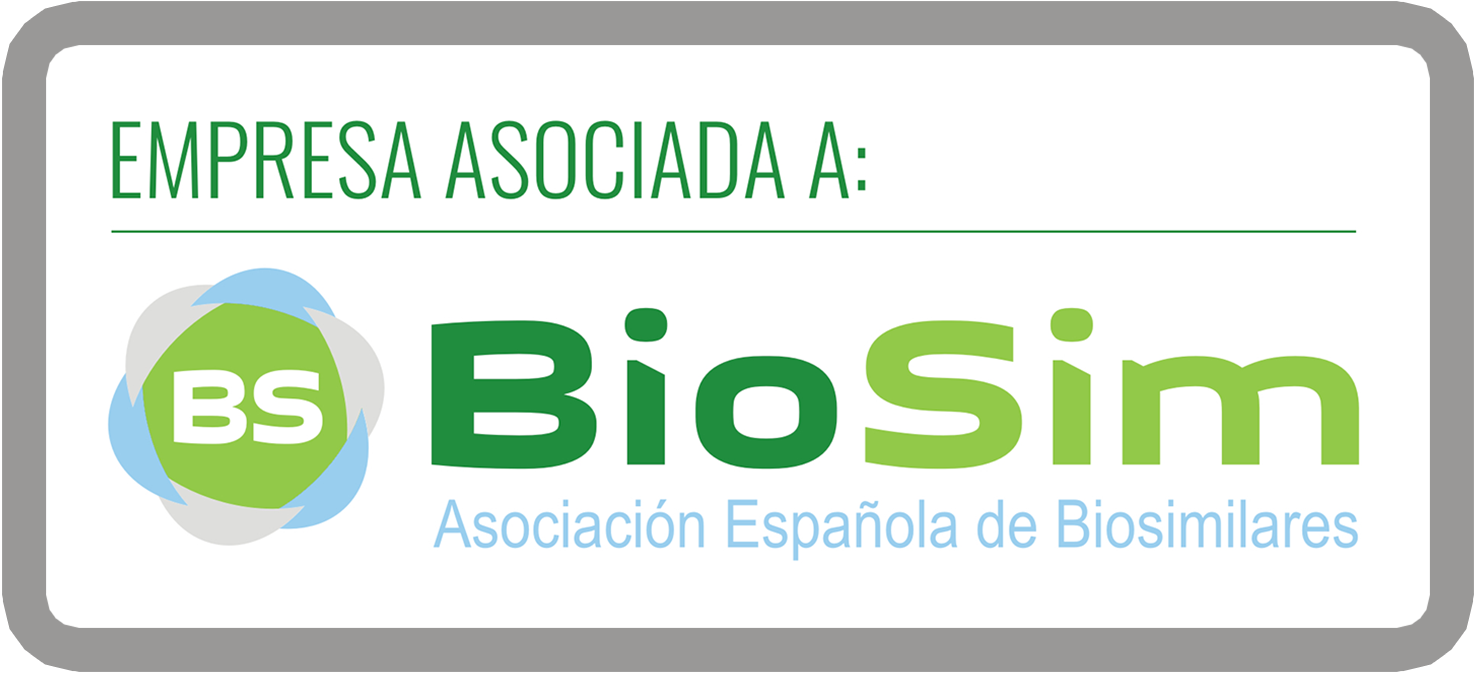AI is at the forefront of digital innovation in every sector — but how exactly does it apply to biopharma?
Biological medicines are still a relatively new class of treatment. Since the approval of the first medicinal product synthesized in mammalian cells in 1996 set golden standards for the industry, improvements have largely been evolutionary rather than revolutionary. Much of today’s innovation is focused on incremental improvements within the mammalian production system—tuning and refining processes rather than replacing them altogether.
But there has been one major shift reshaping every industry, including ours: artificial intelligence. From early-stage development to production processes, data analysis, and patient safety, AI holds potential for process optimization. Sometimes, the results are transformative; other times, the improvements are modest—but still valuable.
According to Timo Liebig, our Chief Innovation Officer, the hype around AI in biopharma is not always justified. “AI can be hugely beneficial in some areas, but it doesn’t add much value in others,” he says. However, that doesn’t mean it is not worth pursuing: “We need to test AI in every possible aspect, because the potential is big in those areas that truly benefit.”
From virtual bioreactors to smarter cell culture
AI is accelerating early-stage development: in R&D and process development, AI enables a more precise and predictive approach to designing biologics. Digital twins are virtual models of bioreactors that can simulate and optimize process parameters before any physical trials begin, saving both time and resources.
Machine learning applied to genomic, proteomic, and metabolomic data deepens our understanding of how cells behave when producing a biologic, revealing new ways to enhance productivity and quality. AI can also predict optimal media formulations and feeding strategies, replacing much of the traditional trial-and-error work with data-driven accuracy.
Intelligent manufacturing delivers consistency, efficiency and uptime
In manufacturing and quality, AI brings real-time intelligence to the production floor. Predictive maintenance systems analyze sensor data to forecast when equipment will require servicing, preventing costly downtime and avoiding production interruptions. Continuous monitoring powered by AI can track critical quality attributes and flag anomalies earlier than manual methods, helping to ensure consistency across every batch. On a broader operational level, AI can optimize production scheduling, using throughput data to maximize capacity and efficiency—sometimes boosting manufacturing output by double-digit percentages .
Balancing safety, cost and access
Automated data formatting, compliance checks, and document generation can ease the burden of preparing regulatory submissions, helping products reach approval faster. AI can also enable feedback loops between regulators and R&D teams, so insights from late-stage evaluations are integrated earlier in the development process.
For patients, there can be safety benefits from the use of AI. As Timo Liebig notes, improvements in data interpretation can help ensure there are no overseen impurities. “But the surveillance of biological products is already very strict from a regulatory perspective. Although it can be made even safer, it’s already safe,” he adds.
Therefore, the biggest potential impact for patients lies in cost and access: AI-enabled efficiencies can lower manufacturing expenses, enabling companies to bring high-quality biologics to more people who need them.
AI isn’t a buzzword, it’s a powerful enabler across every stage of biologic production. With AI at our side, we’re enhancing quality, yield, and speed to market, ultimately improving patient access to essential biologics.
